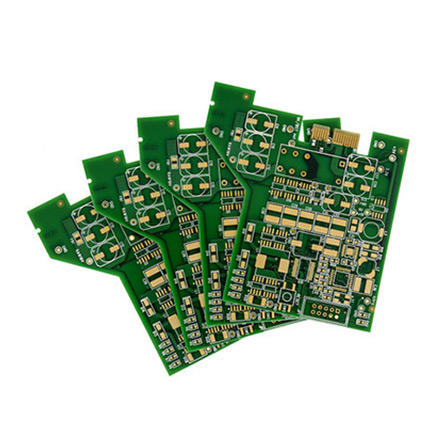

Float glass technology has revolutionized the glass manufacturing industry, providing a foundation for everything from building facades to automotive windows. This type of glass offers unparalleled smoothness, uniformity, and clarity, making it an ideal choice for various applications.

The float glass process, developed in the mid-20th century, involves floating molten glass on a bed of molten tin. This method allows the glass to spread and cool uniformly, resulting in perfectly flat sheets with minimal distortion. The advanced nature of this technique ensures that every pane delivers consistent performance, which is essential for both aesthetic and functional purposes in modern architecture and industry.
Professionals in the industry appreciate float glass for its adaptable characteristics. Architects, for instance, rely on it for creating sleek, modern designs. The seamless surfaces of float glass enhance natural light transmission, crucial for cutting energy costs and improving environmental sustainability in buildings. Moreover, its ability to be laminated or coated with reflective or low-emissivity layers makes it a versatile component for enhancing energy efficiency without sacrificing visual appeal.

In the automotive sector, float glass proves indispensable. Its high optical quality and durability meet the demanding standards of vehicle manufacturers. Consistent thickness is critical for safety, ensuring that windshields, windows, and sunroofs provide both visibility and structural integrity. Heat-treated to increase its strength, float glass also offers enhanced resistance to impact, an important safety feature for drivers and passengers alike.
As a material, float glass stands out for its reliability and adaptability. Cutting-edge innovations have enabled manufacturers to produce ultra-clear and extra-thin varieties, catering to the most discerning requirements of consumers. Whether it's for touch screen devices, where thinness and electrical conductivity are key, or for expansive glass facades in skyscrapers, modern float glass can be tailored to meet unique specifications without compromising on quality.
Moreover, float glass contributes significantly to sustainability efforts within industries. Its recyclability and the potential to incorporate recycled material during production reduce environmental impact. Additionally, when coupled with double glazing techniques, it greatly enhances a building's thermal insulation properties, leading to lower energy consumption and a reduced carbon footprint.
The credibility of float glass is further supported by its compliance with international standards and rigorous testing procedures. The production process is continuously monitored to maintain precision and to adhere to global quality criteria. This assurance of quality builds trust among clients who require consistent and high-performance glass solutions.
Renowned experts often underscore the importance of selecting the right type of float glass for specific applications. Factors such as thickness, color, and surface coatings need careful consideration to optimize both environmental impact and functionality. Consulting with experienced professionals ensures that projects are executed efficiently, leveraging the full potential of float glass technology.
Investing in float glass is investing in a future where transparency and strength coexist without compromise. Its evolution continues to push the boundaries of what's possible, allowing designers and engineers to transform their visions into reality with confidence and ease. As industries grow increasingly conscious of sustainability and efficiency, the choice of materials like float glass will undeniably play a pivotal role in shaping a more responsible and innovative tomorrow.